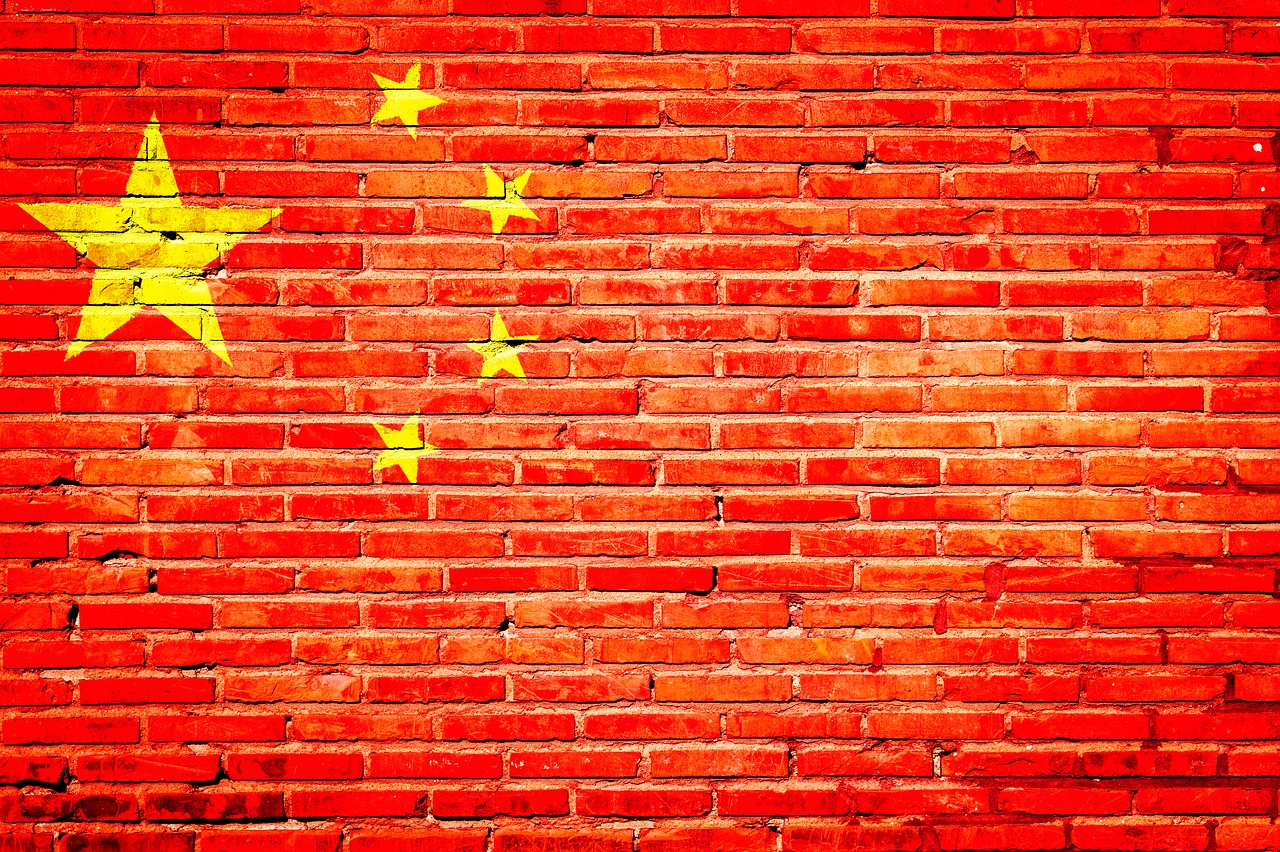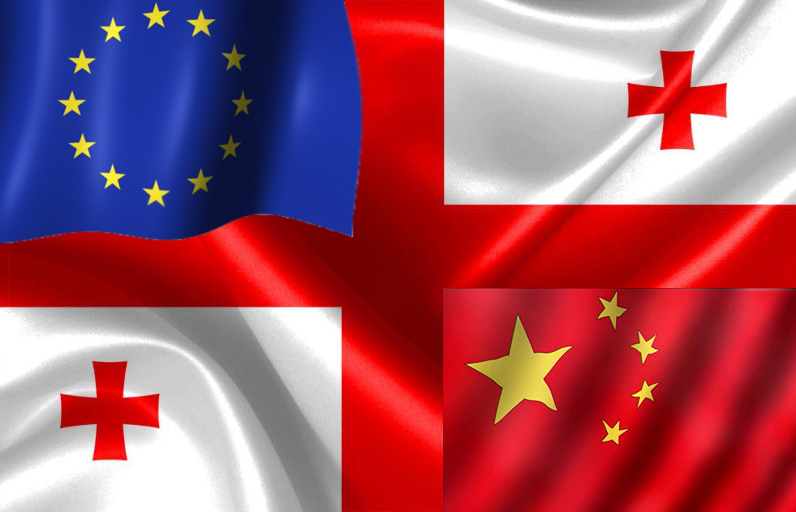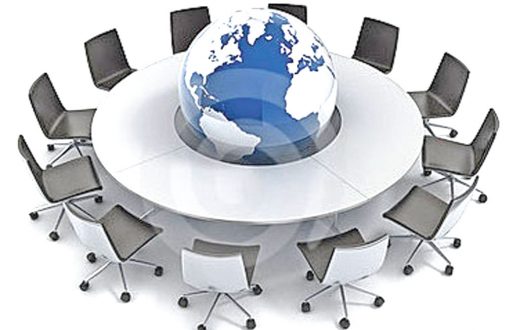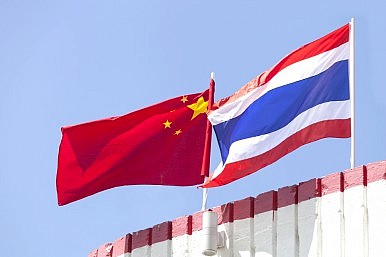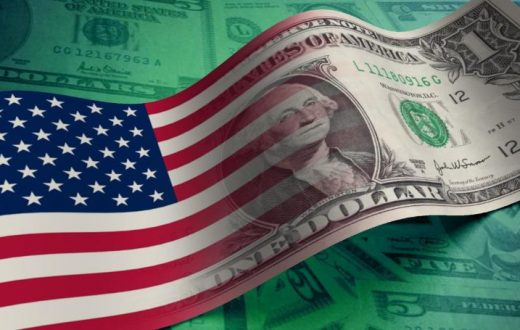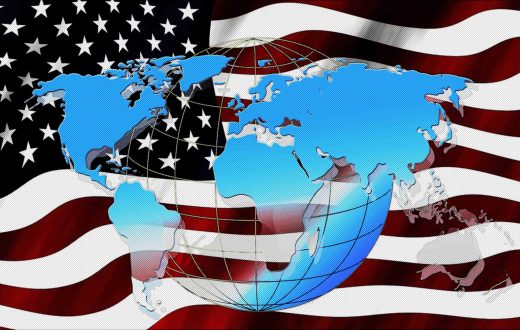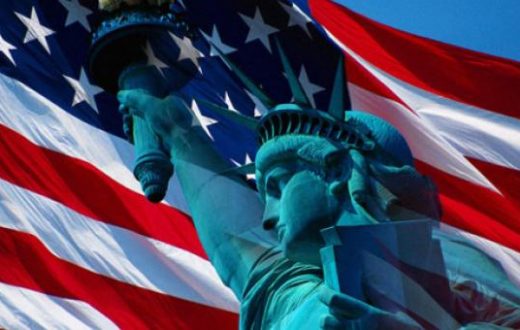China is effectively using its economic muscle in the changing world order. Today, China uses geoeconomic instruments effectually to achieve its geopolitical ends. China is playing its geoeconomic cards to expand its markets from its neighbouring countries to other Asian states and to Europe and sub-Saharan Africa. China has overtly declared that it does not desire to seek hegemony. However, every state including the US and Russia is suspicious of China’s extensive practice of geoeconomics.
China reaching out to its purse instead of a gun
Harris and Blackwill (2016) argue in their book War by Other Means that China looks to geoeconomic means often as its first resort to undermine American influence and power. They criticize the US for abandoning economic techniques of statecraft which China has aptly adopted. “Despite having the most powerful economy on earth, the United States too often reaches for the gun instead of the purse in its international conduct, “they added. However, China has started reaching out to its purse to advance its geopolitical ends in the changing world order.
While referring to the US geoeconomic power, Glen Diesen (2017) argues that the US has an ample potential to revive its geoeconomic power because of the ‘Shale Revolution.’ Moreover, he argues that since China is the principal geoeconomic rival of the US, so the realist theory would expect that after reviving its geoeconomics, the US would contain China.
Geoeconomic power of China and the US
Ian Bremmer (2016), President Eurasia Group argues that for frenemies geoeconomics is the perfect instrument. What means China uses and what are its aims behind using those means are the questions raised by China’s geoeconomic power in relation to the US. According to Bremmer (2016), there are four areas in which China’s geoeconomic power against the US plays out:
- In China
China’s economic muscle is its geopolitical power. Geoeconomic agenda of China begins at home. It has really become difficult for foreign firms to do business in China because of the various laws and restrictions. However, China’s population of 1.4 billion would make Chinese economic policymakers to realize that they would need foreign direct investment from the US. They have already started working on it (Bremmer, 2016).
- In the US
Bremmer (2016) further argues that Chimerica (China-US Relations) is characterized by mutually assured destruction (MAD). China is not only US’s largest trading partner but it is also the leading holder of its treasuries. These reasons are not captivating for China because of China’s approach to direct investment in the US. China is interested in having a strong foothold in the US. What’s most intriguing in this situation is that China is coming close to beating the US in its own game by understanding the capitalism rules.
- In International Institutions
Bremmer (2016) argues that China seeks to adapt and scrap the US’s global economic and political system. He refers to the Chinese efforts to maximize its leverage within the Bretton Woods institutions. China’s Asian Infrastructure Investments Bank (AIIB), according to Bremmer (2016) is its attempt to defect from the Bretton Woods system. This is debatable. However, US’s allies like the UK, South Korea, Saudi Arabia, Australia etc., have opted to be part of AIIB which in fact support Bremmer’s argument. Moreover, Harris and Blackwill (2016) argue that Chinese promotion of AIIB is to rival the Bretton Woods system. AIIB is also a threat to Manila-based Asian Development Bank in which the US and Japan are the two largest shareholders.
- In third-party countries
Because of its ability to deliver fast cash, China has been successfully outplaying the US in Africa and Latin America. Bremmer (2016) however sees this suspiciously because he believes that China’s economy will become fragile and third-party countries will see what good the US represents for them because of liberal world order beliefs.
Trade War between China and the US
In 2017, the trade deficit of the US was $375 billion with China. The US exports to China were $130 billion while its imports were $506 billion. Trump’s imposition of tariffs on imported Chinese goods, met with a tit-for-tat response from Chinese authorities which gave rise to the trade war between China and the US. However, it is reported that both the countries have reached a trade deal this month. In this regard, Edward Elden (2018) comments, “If nothing further is done, the US-China trade deal reached this month will be remembered, to quote a phrase coined by the current president of the United States, as ‘the single worst trade deal’ ever negotiated.” It is yet to be found out what comes out of this China-US trade war and subsequent trade deal.
Conclusion
The US, indeed, is a military power and will remain so for unforeseeable future. According to Andrew Hurrell, the US has a vast global network of 750 overseas military bases in over 100 countries. This clearly shows the US hard power. However, China followed a different suit to cater the US. China used its soft-power rather smart power to advance its geopolitical aims. The US is going to remain the superpower and a hegemon in the world politics. China, on the other hand, would use its geoeconomic muscle to advance its geopolitical ends and shape a China-centric world order.
Muhammad Murad has been writing for different magazines and blogs since 2011. He initially started writing on social issues of Pakistan and later on, he began writing on internal and external issues related to Pakistan. Currently, he is Young Diplomats’ ambassador in Pakistan. He believes in a peaceful liberal democratic world away from war and conflict which would be possible by the power of the pen, not the gun. Muhammad is a business graduate turned social scientist and aspires to be a writer.

